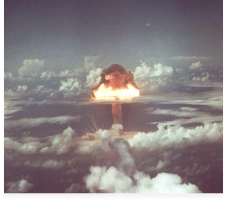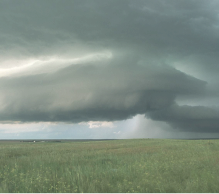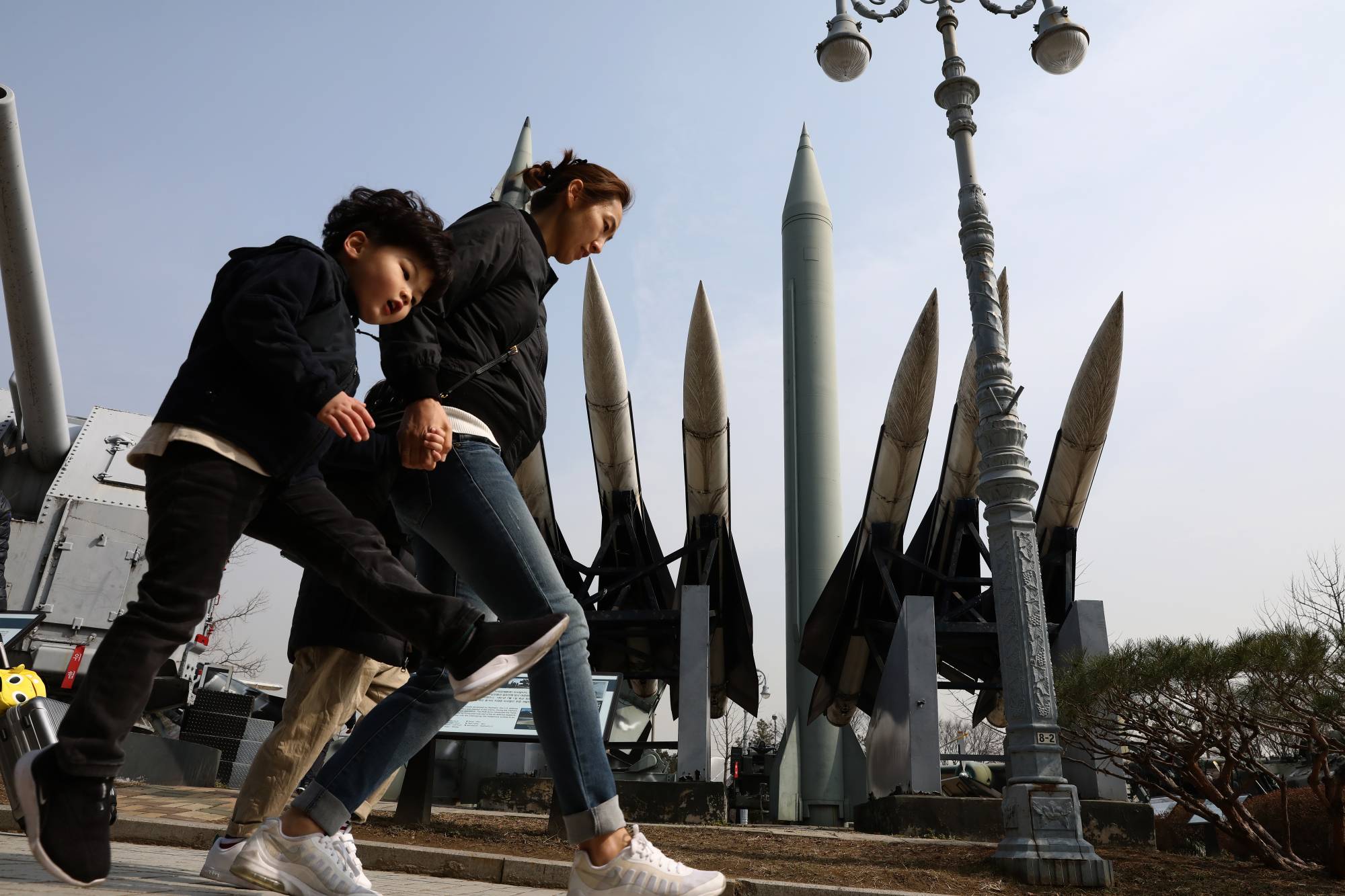Latest Stories
Questions
- What is a No First Use policy?
- Who has implemented a No First Use policy?
- Who reserves the right to use nuclear weapons first and why?
- Why should a country adopt a No First Use policy?
- Why should the U.S. adopt a No First Use policy?
- What steps have been taken to push for a U.S. No First Use policy?
- What can I do?
- Why do countries oppose No First Use policies?



